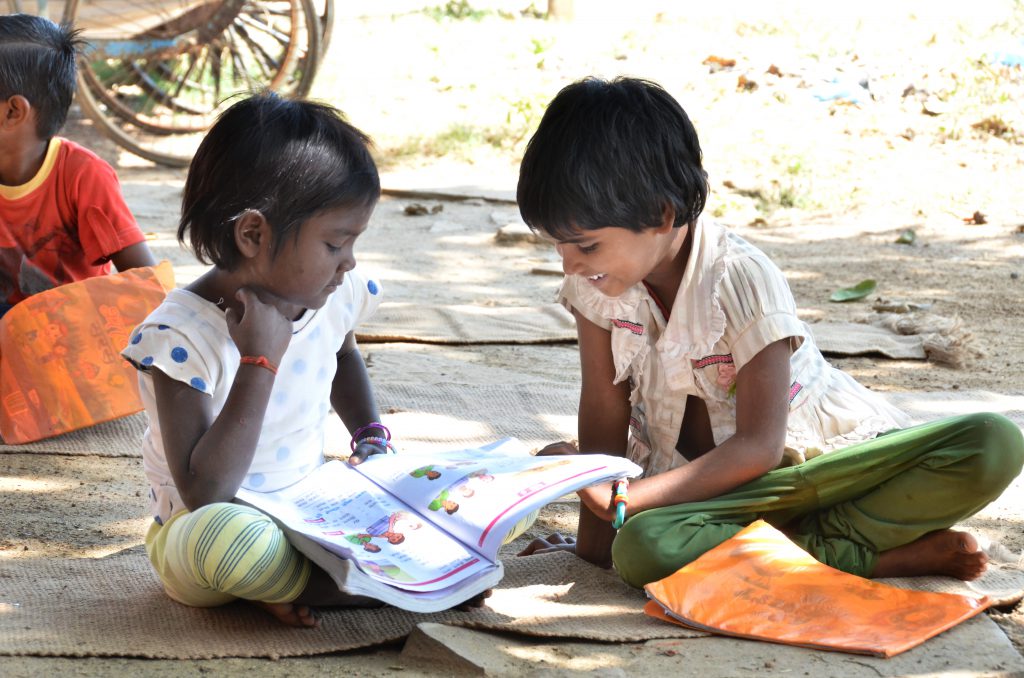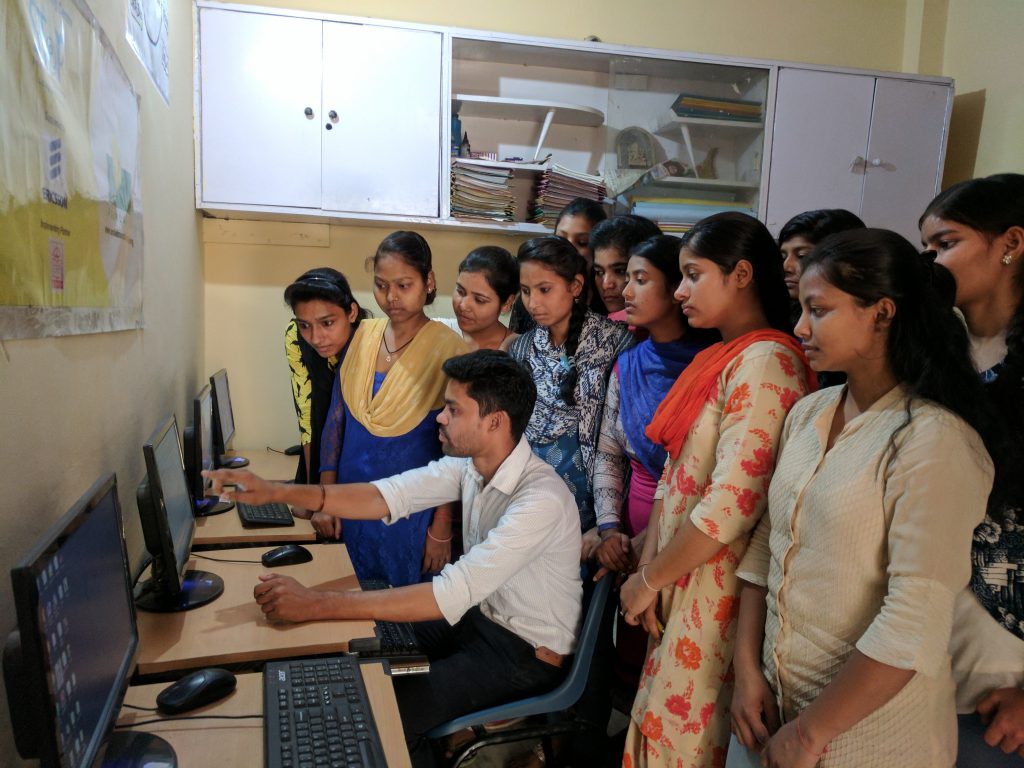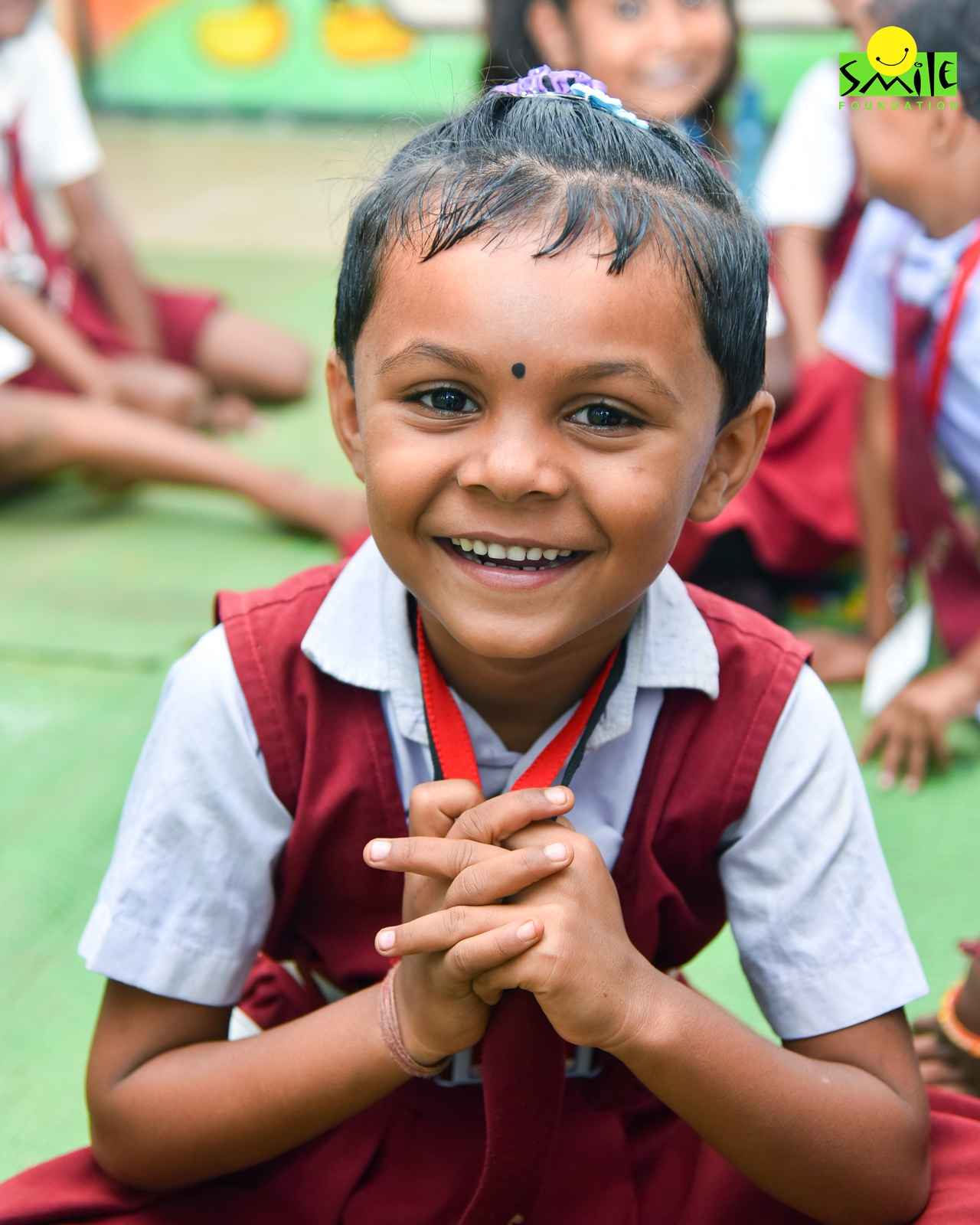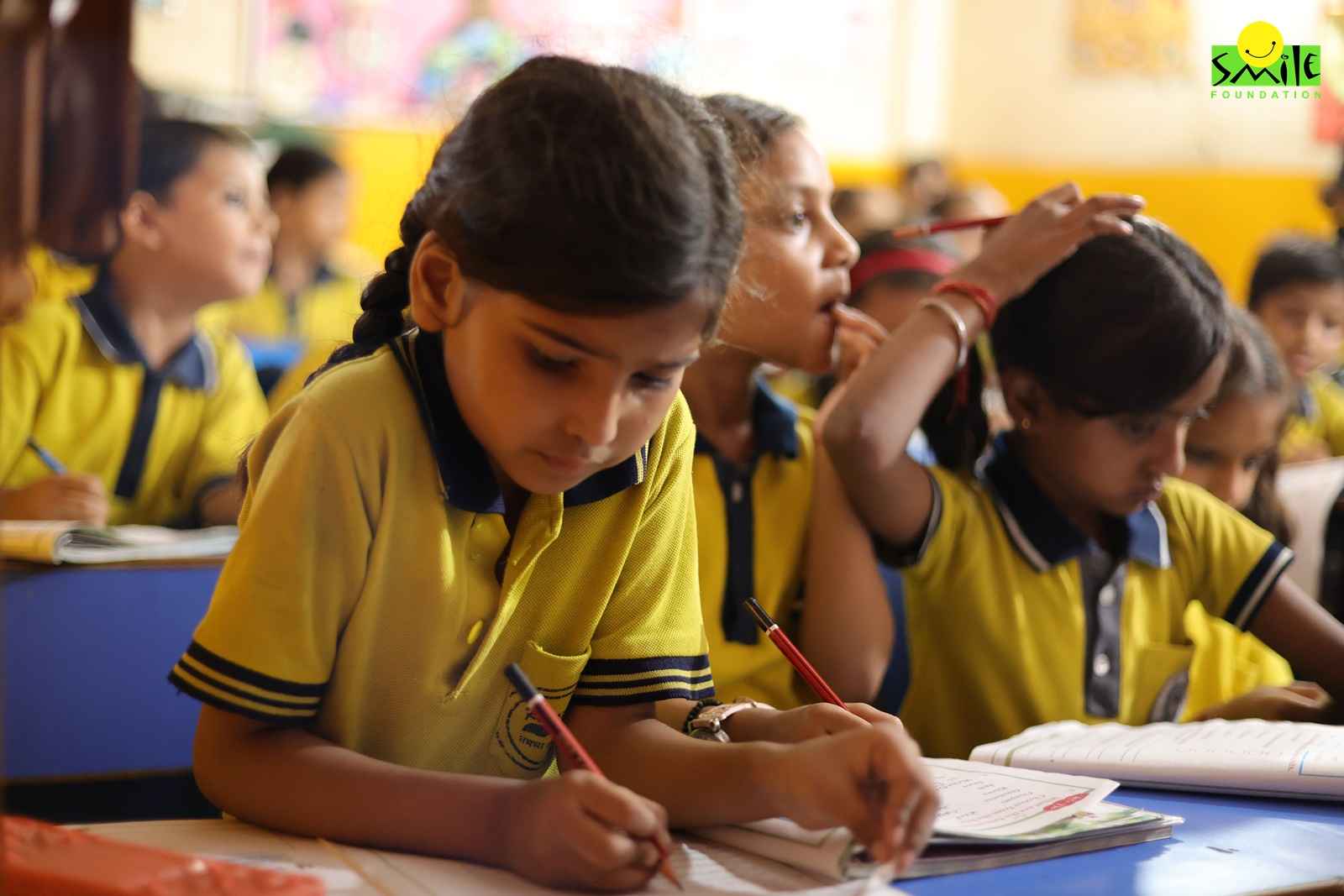A report by the Vidhi Centre for Legal Policy, published in November 2022, revealed that at least 43 % students in India could not access online education for 19 months. This was when the world was fighting the spread of Covid-19 pandemic. While everyone focused on saving lives, its impact on the care and education of children was not given ample importance. Early childhood care and education needs a proper read.
Early childhood education in India has suffered because of various infrastructural and institutional problems. Over the years, the Annual Status of Education Report (ASER) published by Pratham Foundation, has exposed the fissures in the Indian education system. From a decline in learning outcomes to inequity in access to technology, ASER reminds us of the inefficiencies in early childhood care and education in India.
Having said that, early childhood care and early childhood education suffer in the majority of developing countries. This has a negative effect on the long-term development goals of these nations. A UNESCO report found that access to pre-primary education has increased over a decade starting from 2010. However, the report also revealed that participation in pre-primary education was abysmally low (20%) in low-income countries.
To achieve the goal of universal pre-primary education by 2030, according to UNESCO, 9.3 million more full-time teachers will be required. The UNESCO Conference on Early Childhood Care and Education, which took place in Tashkent, Uzbekistan from November 14–16, 2022, brought together more than 2,500 delegates from 147 nations to accomplish this.
Participants included heads of state, ministers, educators, and experts. Participating nations agreed to devote at least 10% of their overall education budgets on early childhood education.
Importance of Early Childhood Care and Education
85% of brain development occurs in the first five years of life, according to research in the social and biological sciences and neurosciences. For children to reach their full potential, the first three years of life are especially important.
90% of a child’s brain has already grown by the time they are five years old, making the time from birth until they start school the most crucial in their lives. According to research, poor care, nutrition, and stimulation throughout these formative years and months can have long-term effects.
This shows that early childhood education and care are extremely crucial. If a child is provided proper nutrition, care, and receives good-quality education at an early stage, they are more likely to achieve higher potential in their life.
However, a report has found that children living in the poorest countries of the world are missing out on this opportunity. Even now, just 1.2% of the global community’s aid to education was spent on pre-primary education in 2020, up from 0.8% in 2015.
If countries aim to achieve their long-term development goals related to education, healthcare, poverty, gender, etc., it is imperative that they work towards improving early childcare education.
Problems in Education-related Programmes
The government created programmes like Integrated Child Development Services (ICDS), the Samagra Shiksha plan, and most recently the Strengthening Teaching-Learning and Results for States project to ensure that everyone has access to high-quality education from an early age (STARS).
However, childhood care and education in India suffer because of many inefficiencies. First, there is a lack of infrastructure and robust data. India also spends merely 0.1% of its GDP on early childcare education. This is much less as compared to 0.6% spent in most developed nations.
The student teacher ratio in India is also 40:1 which makes it difficult to give individual focus to each child. While there have been many initiatives like Sarva Shiksha Abhiyan, Mid-day meals, and a revamped National Education Policy, primary schools in rural areas still witness high dropout rates and poor attendance.
What does NEP 2020 have to say about it?
The Indian government’s National Education Policy 2020 suggests making early childhood care and education (ECCE) for kids ages 3 to 6 universal by 2030. This is in line with the Sustainable Development Goals (SDG) established by the United Nations (UN), which aim to guarantee that all girls and boys have access to high-quality pre-primary education for at least one year in order to be prepared for basic school.
Nearly 8 out of 10 children aged 3-6 are enrolled in an ECCE programme, according to surveys. However, there are significant differences between states in India. However, there are state-wide gaps in these numbers with Uttar Pradesh having lowest participation and Karnataka with the highest.
The Ministry of Women and Child Development has also published a comprehensive document: ‘National Early Childhood Care and Education (ECCE) Curriculum Framework’ to envision the right roadmap. The document provides a detailed view of what needs to be done to achieve the best results in this area.
Early childhood care and education are an essential part of the Indian constitution, and they are also ensured through Right to Education (RTE). While there have been various government programs and initiatives in the past, the country still needs to continue sustained efforts in this direction.
Globally, education and care for children is a matter of utmost importance. To reduce the inequality among nations and ensure universal basic education, it is crucial that all the countries come together and invest in early childhood care and education. This is the way forward to achieve their long-term development goals.
Smile Foundation and Education
Smile Foundation works on the education of children through its flagship initiative, Mission Education to make the children of the country more learned and independent thinker and doers. Learn more here!









